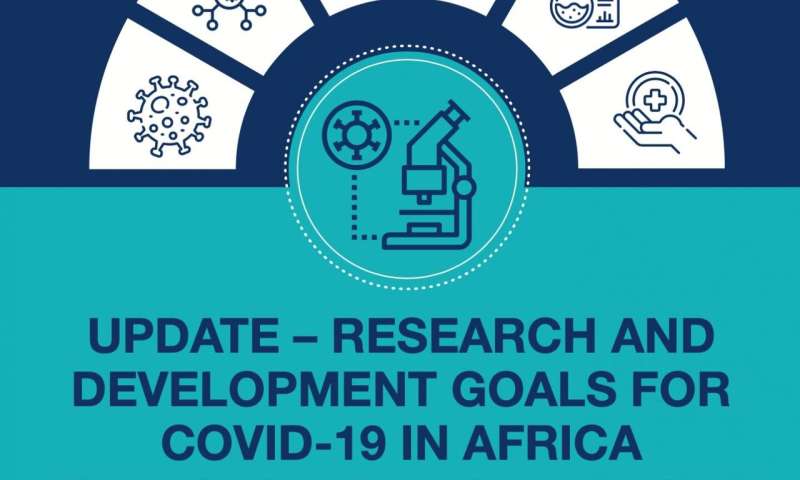Global research community asks for the right research in the right places for COVID-19


Today a report was released that calls for the use of research evidence on the optimal implementation of public health interventions for COVID-19 in varied global settings.
In the absence of a vaccine and community-based treatment we are reliant on public health measures to stop this pandemic. From how to implement social distancing in urban informal settlements to how to gain trust and mitigate myths within communities. There is a clear and urgent need to further understand COVID-19.
The Global Health Network (TGHN), the African Academy of Sciences (AAS) and UK Collaborative on Development Research (UKCDR) have published findings of a global study to establish what are the remaining research priorities for COVID-19 and whether they are the same across the globe. A peer reviewed paper reporting these data has just been accepted for publication by BMJ Global, with a global perspective on this also being reported in Nature today.
There is a finite window to undertake research within an outbreak. Scientists and researchers around the world have worked rapidly to increase understanding of COVID-19. But there are still many unknowns as the pandemic accelerates and spreads into new areas. Different studies are needed across the globe and the evidence must be tailored for different settings with the benefits from the research being equitable and widely accessible.
The World Health Organisation (WHO) produced a roadmap that set out the research priorities following a meeting in February, just before COVID-19 was declared a Pandemic. Now, at this point in the evolution of this novel disease across the world, it is important to assess whether these priorities are still current and whether they are the same for all types of communities and health care settings.
GHN, AAS and UKCDR undertook an online survey and held a series of workshops, where researchers representing all WHO regions were able to rank research questions, and identify new ones that need to be tackled within their health care setting and communities, mitigating this and future pandemics.
With contributions from over 3,000 healthcare workers and researchers, the results show that the global research community supports the existing WHO Roadmap, but strongly calls out areas where more focus is needed and where new priorities have emerged, particularly from low-resourced settings.
The results demonstrate there is a need for evidence on the relative effectiveness and optimal implementation of public health interventions in varied global settings. Study participants explained how they need data to show when and how best to implement social distancing, for example, in urban informal settlements where families are sharing limited sanitation facilities.
Another clear priority is to understand better how to gain community trust and mitigate myths, to understand the impact on already present diseases within communities and to explore the ethics of research during a pandemic.
Professor Trudie Lang, Director of The Global Health Network says, “Less than 1% of the clinical trials registered across the globe are in low-income countries. This is a global pandemic and we need to ensure that we embed research everywhere COVID-19 is, so there is equitable benefit from the evidence, and that we tackled this together as a global research community. We also need to ensure the whole spectrum of research needed is able to access funding and attention so that all the remaining questions are answered. We have one opportunity to answer these for next time—and we still need urgent data to tackle this in every country”
Moses Alobo, Programme Manager of Grand Challenges Africa, African Academy of Sciences, states, “Our goal is to ensure that governments and other stakeholders have the necessary evidence to quickly identify and respond to areas in most need of attention, especially for Africa where resources are constrained.”
Source: Read Full Article